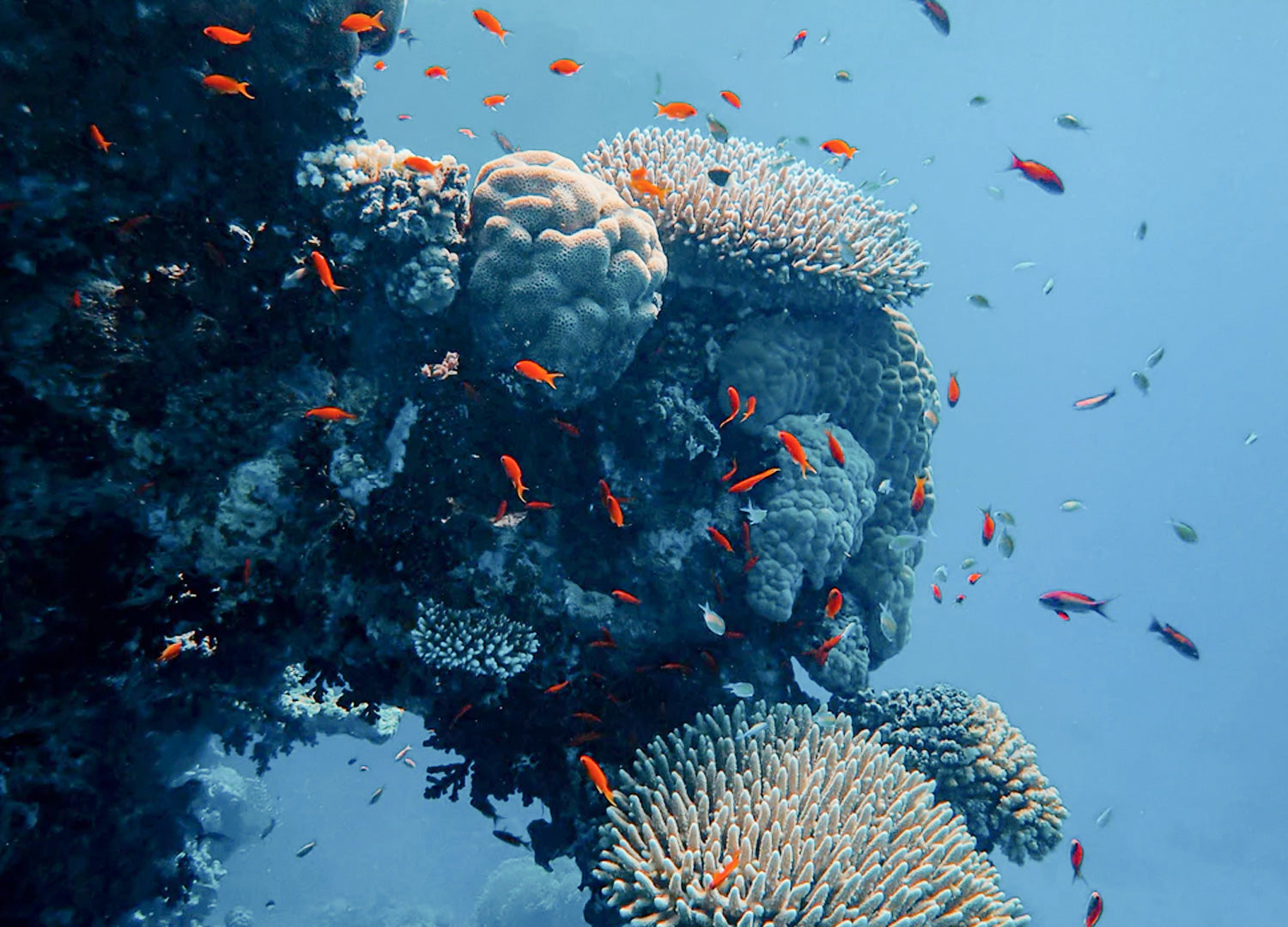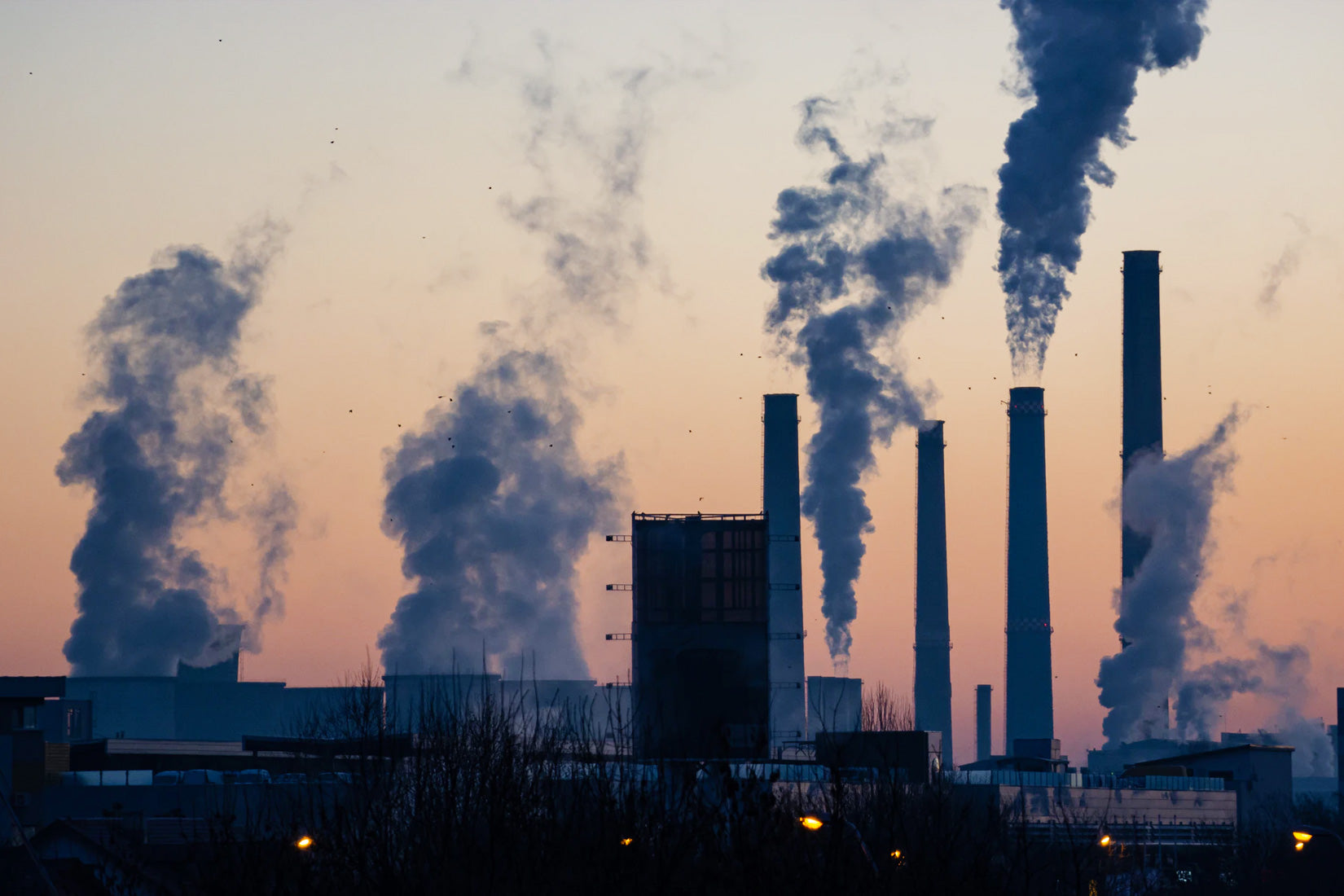For the past few months the main focus of conversation has been around the current COVID health crisis. This has been a cause for reflexion on the effect of human activity to our health and the health of our ecosystems. Today we focus on the oceans as the world comes together to celebrate World Ocean Day. Our blue planet is vital for our human existence and the health of our planet. This year's theme set by the UN focuses on ´Innovation for a Sustainable Ocean´, calling in for leaders to commit to protecting 30% of our oceans by 2030.
Covering over 70% of the Earth's surface, the ocean plays a major role on our lives, from the air we breathe, the food we consume and the regulation of weather and climate change. The ocean produces over 50% the world’s oxygen absorbing a quarter of the carbon dioxide we release into the atmosphere. In the world 15% of the protein we consume comes from the sea, which due to the growing population has doubled since 1970. The seas act as a carbon sink and due to the exceeding carbon capture over past decades, we are seeing an increase of sea temperatures, which is responsible for the melting of ice and rise of sea levels. Our marine ecosystems and oceans are under threat, as well as the coastal pollution.

Scientists have identified over 250,000 marine species in the sea. These are also in danger by the amount of plastic that is thrown in the ocean every year. It is estimated that 12.7 million tonnes of plastic end up in the ocean every year, harming marine life and birds, as well as endangering species from extinction.
As we celebrate World Ocean Day, there is a need for collaboration from world leaders, governments and citizens. It is encouraging to see legislation emerge to support these efforts. As part of the circular economy strategy, the Spanish government signed a draft legislation to help reduce the amount of single use plastic that pollutes our oceans every year. As from 2021 restaurants and bars will have to offer free water to customers, encouraging the use of reusable bottles.

It is time that all of us collectively become more conscious of the effects of our actions to our health and the health of our ecosystems. Together we can change habits and protect and restore the lungs of the Planet, our oceans.
Covering over 70% of the Earth's surface, the ocean plays a major role on our lives, from the air we breathe, the food we consume and the regulation of weather and climate change. The ocean produces over 50% the world’s oxygen absorbing a quarter of the carbon dioxide we release into the atmosphere. In the world 15% of the protein we consume comes from the sea, which due to the growing population has doubled since 1970. The seas act as a carbon sink and due to the exceeding carbon capture over past decades, we are seeing an increase of sea temperatures, which is responsible for the melting of ice and rise of sea levels. Our marine ecosystems and oceans are under threat, as well as the coastal pollution.

Scientists have identified over 250,000 marine species in the sea. These are also in danger by the amount of plastic that is thrown in the ocean every year. It is estimated that 12.7 million tonnes of plastic end up in the ocean every year, harming marine life and birds, as well as endangering species from extinction.
As we celebrate World Ocean Day, there is a need for collaboration from world leaders, governments and citizens. It is encouraging to see legislation emerge to support these efforts. As part of the circular economy strategy, the Spanish government signed a draft legislation to help reduce the amount of single use plastic that pollutes our oceans every year. As from 2021 restaurants and bars will have to offer free water to customers, encouraging the use of reusable bottles.

It is time that all of us collectively become more conscious of the effects of our actions to our health and the health of our ecosystems. Together we can change habits and protect and restore the lungs of the Planet, our oceans.




Laisser un commentaire
Ce site est protégé par hCaptcha, et la Politique de confidentialité et les Conditions de service de hCaptcha s’appliquent.